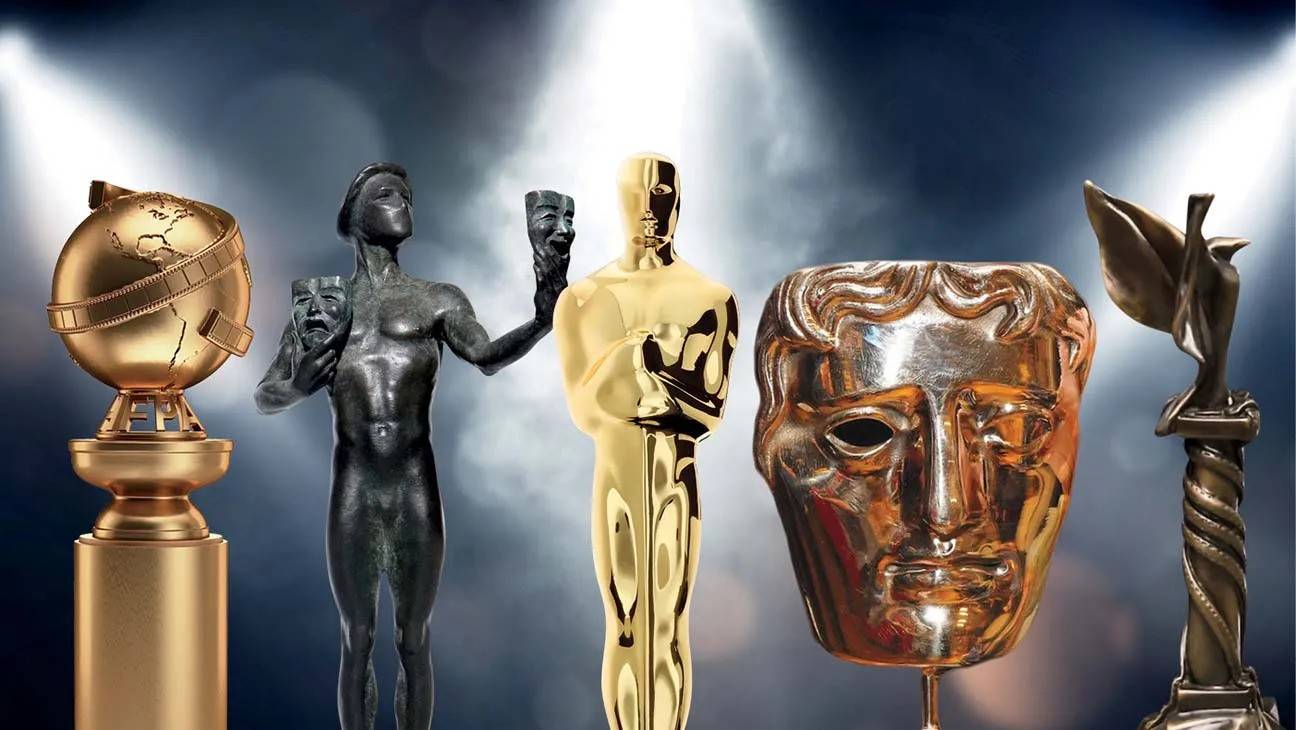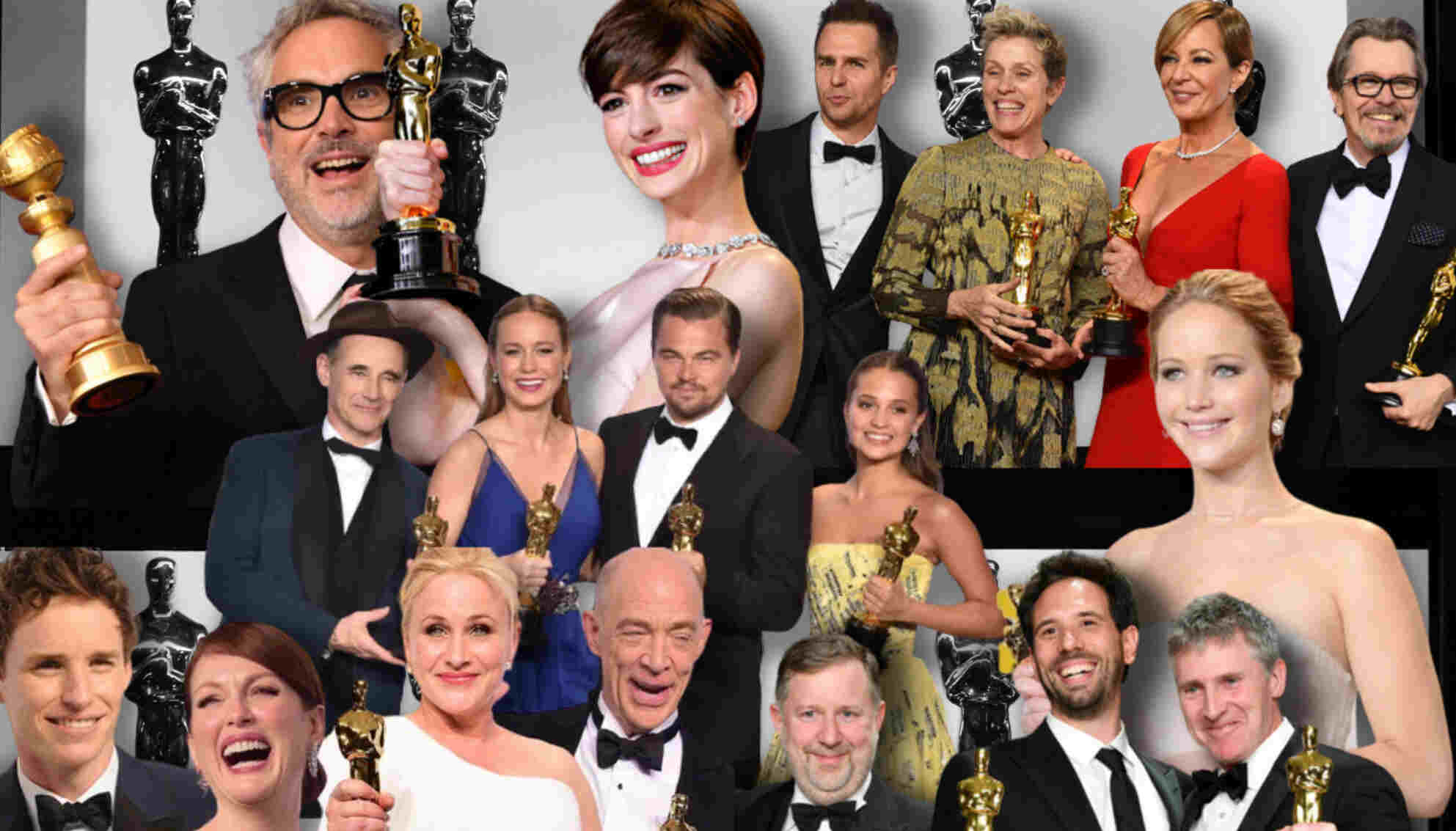As my Google alert pinged the announcement of Tony nominations, I rushed to check whether or not my favorite celebrities had made the list. While I was excited to see that Rachel McAdams had made it for “Mary Jane,” I was extremely disheartened to find that “The Wiz” was shut out of the nominations entirely.
Yes, the movie wasn’t a hit with critics, but the audiences had turned out for it in its initial weeks. Sadly, it received zero nominations, meaning not even a few contributors were recognized. This re-sparked my bitter feelings about the award shows politics and snubbing talented people.
Keep scrolling to find out in detail why award shows are more about politics than acknowledging talent.
Influence of Money and Politics in Award Shows
There are various ways politics play an influencing role in award shows. Take a look at the truth about award shows:
Lobbying and Campaigning
Award shows are often swayed by aggressive marketing campaigns orchestrated by film studios, production companies, and public relations firms. These campaigns can significantly influence voting members through lavish events, exclusive screenings, and targeted advertising.
The primary goal is to ensure that their clients are at the forefront of voters’ minds when ballots are cast. Projects with bigger budgets and well-established marketing strategies tend to have a distinct advantage in this environment.
This often leads to the underrepresentation of independent productions or films without the backing of major studios. This creates a system where recognition can be more about the ability to fund a high-profile campaign than the quality of the actual work.
Industry Biases

Source: The Hollywood Reporter
Biases in the entertainment industry also significantly affect award nominations and wins. Gender, race, and genre biases often result in underrepresentation or complete exclusion of certain groups and types of work. For instance, female directors and actors of color have historically been overlooked, even when their performances and direction have been critically acclaimed.
Additionally, genres like horror, comedy, and science fiction are often disregarded in favor of drama, leaving many artists in these fields without recognition. These biases reveal a pattern in which systemic inequalities influence who gets to walk away with a trophy.
Popular vs. Critical Appeal
There is often a noticeable gap between what the industry rewards and what the public appreciates. This is what happened to The Wiz Broadway Musical. Since critics were not in favor, the Tony Awards did not spare even one nomination for it.
Another example is the famous film The Shape of Water, in which a lonely female janitor discovers an amphibious creature in a lab and rescues it, falling in love. The film was highly praised by critics but received mixed reviews from the viewers.
It even underwent allegations of plagiarism. It received 12 nominations in the 90th Academy Awards, winning four categories. The Best Picture was the highest victory for the movie.
This highlights that award shows tend to favor projects that align with certain artistic standards or industry norms, which may not always align with audience preferences. Voters completely ignore movies and shows with massive fan followings or strong box office performances.
Meanwhile, critically praised but lesser-known works sweep the show. This disparity highlights the different standards applied by those within the industry versus the broader audience, suggesting that awards do not always reflect the popular sentiment of what constitutes great talent or entertainment.
Oscar – Awarding Racism Instead of Talent

Source: BcGavel
Oscars have historically been dominated by white recipients, a trend likely to continue until significant changes are made in the Academy. One alarming pattern is that Black actors often receive recognition for stereotypical roles, such as slaves, maids, or criminals.
In contrast, they are rarely awarded for powerful, positive portrayals. For instance, Denzel Washington won two Oscars, one for playing a slave in “Glory” and another for portraying a corrupt cop in “Training Day.”
Similarly, Lupita Nyong’o was awarded for her role as a slave in “12 Years a Slave,” and Octavia Spencer won for playing a maid in “The Help.” This pattern raises questions about the kinds of characters recognized by the Academy.
Other groups, such as Latinos, Asians, and other people of color, also face limited opportunities for recognition, highlighting the politics at the Oscars. According to a 2020 report by the Evening Standard, only 32 Oscars had been awarded to people of color out of 336 awards in acting categories. This underscores the significant underrepresentation of minority actors.
The #OscarsSoWhite campaign forced the Academy to make changes, but the results have been slow. Currently, there has been some progress due to an increase in the Academy’s diverse membership, resulting in one of the most varied years for the ceremony.
Happy #OscarsSoWhite week everyone! https://t.co/ZMS9nucAzd
— 🫃🏼💉🇺🇦Hollaria Briden, Esq. (@HollyBriden) March 11, 2024
However, the need for further diversity in Hollywood is evident. A recent McKinsey & Company study highlighted that the industry loses billions of dollars due to upholding racial discrimination, indicating that broadening representation is not just a moral imperative but also makes economic sense.
The Scammy Grammys

Source: MJ Photos
The Grammys have long been criticized for supporting discrimination, particularly against Black artists. Despite the prestige of the Grammys, they often fail to recognize the true talent of Black artists. A notable pattern is their tendency to nominate Black artists in multiple categories but have them walk away empty-handed.
This sentiment is perhaps best summarized by Phife Dawg from A Tribe Called Quest, who rapped, “I never let a statue tell me how nice I am” in reference to the Grammys and other award shows.
The Grammys have only awarded Album of the Year to a handful of Black artists. Notably, Lauryn Hill and Outkast have won, but their albums were not strictly rap. Lauryn Hill’s “The Miseducation of Lauryn Hill” leaned more towards R&B, and Outkast’s win for “Speakerboxxx/The Love Below” was bolstered by the popularity of the pop-oriented half, “The Love Below.”
Eminem and Kanye West, two of the most influential artists of their time, have lost Album of the Year despite dominating the charts, and even Beyoncé, one of the world’s most prominent artists, has repeatedly lost to white artists.
The most recent case of racism associated with the Grammy Awards ceremony that has been highlighted involves the artist SZA. Her album SOS was reportedly snubbed in favor of Taylor Swift’s Midnights in the 2024 Grammy Awards.
With only 11 Black artists having won Album of the Year since the Grammys began in 1959, it is evident that discrimination is deeply ingrained in the institution. Award shows that fail to recognize the contributions of Black artists will continue to lose relevance if they don’t change their ways.
Analyzing the Impact of Awards on Career
Even awards nominations largely influence an artist’s career, paving a path for them to get better roles and global recognition. This is how winning an award impacts the career:
Receiving Better Roles
Winning a major award serves as a springboard to higher visibility and opportunities. A Grammy, Oscar, or other major accolade can open doors to bigger projects, attract influential collaborators, and establish artists as industry leaders.
For example, actors and musicians often see a surge in casting opportunities, concert bookings, and endorsement deals post-win. However, not winning an award, especially after a high-profile nomination, can also affect an artist’s career trajectory.
Some may struggle to maintain momentum, facing increased scrutiny or disappointment from fans and the industry alike. In certain cases, being overlooked can indicate a limited future in the industry, affecting artists’ confidence and motivation.
Change in Public Perception
Winning can elevate an artist’s status, branding them as a recognized and credible force in their field. It can create a perception of quality and distinction that attracts audiences, driving interest in their work.
However, this emphasis on awards also leads to biases, where only recognized artists are deemed “worthy” by the public, marginalizing those without such accolades. Conversely, when popular favorites are overlooked or snubbed, it often ignites controversy and fuels debates on social media, which can undermine the credibility of the awards themselves.
Financial Implications
Awards can significantly influence the financial trajectory of artists and their works. For instance, an Academy Award win often results in increased box office revenue, higher home video sales, and lucrative streaming deals for films.
Similarly, Grammy-winning albums often see a surge in sales and streaming numbers. Winning major awards can also increase the demand for live performances, driving up ticket sales and appearance fees.
On the flip side, missing out on awards can also mean missed opportunities for financial gains, particularly for those who invest heavily in campaigns leading up to the awards. The cost of lobbying for awards and the potential losses due to under-recognition can financially strain artists, studios, and production companies.
Possible Reforms and Solutions
Here, I am sharing some solutions for the Hollywood industry to shed its discriminating ways and embrace a more welcoming approach:
Increase Transparency

Source: Billboard
Improving transparency in award processes is essential for restoring faith in their integrity. This could involve publicly disclosing the guidelines for voting and eligibility criteria and clearly explaining how nominations and winners are selected.
A transparent voting process can include audits or independent monitoring to ensure fair and unbiased results. This way, artists and the public will better understand the mechanisms underpinning award decisions.
Diversifying Panels
Another crucial step is diversifying the judging panels that determine nominations and winners. Ensuring a broader representation of gender, race, ethnicity, and industry background among the voters would lead to more equitable recognition of talent across different groups.
Diverse panels bring various perspectives to the table, which can help address biases and better reflect the tastes and contributions of a wider range of artists. Additionally, ensuring that experts in relevant genres or disciplines evaluate submissions can lead to fairer assessments.
Revising Criteria
Revising the criteria for awards to be more inclusive and merit-based is also crucial. By expanding the definitions of genres and categories, awards can acknowledge artistic innovation and ensure recognition isn’t limited by rigid classifications.
Revising criteria can also include metrics beyond commercial success or traditional forms of artistic excellence to encompass innovative approaches, cultural impact, and relevance. This will give artists who defy convention or create outside the mainstream a fairer shot at recognition.
Here’s to The Better Future of The Awards Industry!
The future of the awards industry depends on its willingness to adapt and align with the values of today’s diverse audiences. With intentional reforms, award shows can regain credibility and fulfill their promise of honoring creativity, inspiring future generations of artists to achieve greatness.
Let’s hope the industry keeps breaking the barriers and welcoming inclusivity when nominating and selecting the winning title in the most popular award shows!

